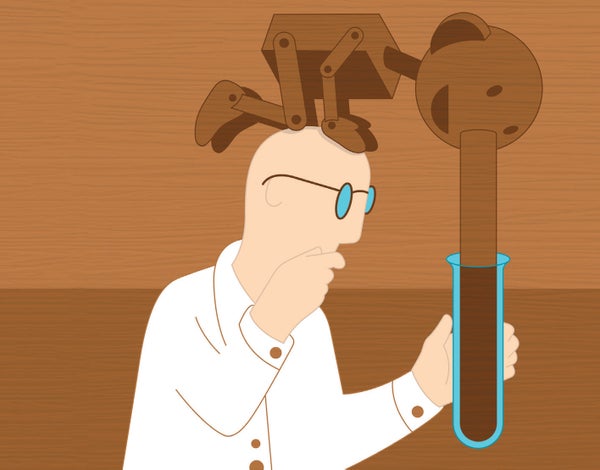In 1998 British researcher Andrew Wakefield and his colleagues published a paper showing a link between the measles-mumps-rubella vaccine and the incidence of autism in children. During the following years the paper was exposed as an elaborate fraud and was retracted by the Lancet, the journal that published it. Dozens of follow-up studies have since shown zero connection between vaccines and autism.
That paper, though thoroughly discredited, started a public panic (with celebrity backing) and resulted in tragic outcomes: record low vaccination rates among children, outbreaks of measles in theme parks, resurgences of diseases once considered rare. Nearly half the American public believes in the vaccine-autism link or is unsure about it.
It is a case in which scientific evidence has struggled to convince. Sadly, this story is not unique in a political climate that disregards sound reasoning and widely accepted scientific fact. The era of post-truth is upon us, writes Kathleen Higgins in “Post-Truth: A Guide for the Perplexed,” where there is no longer even an expectation of honesty from politicians and pundits alike.
On supporting science journalism
If you're enjoying this article, consider supporting our award-winning journalism by subscribing. By purchasing a subscription you are helping to ensure the future of impactful stories about the discoveries and ideas shaping our world today.
Research shows that even in the face of valid facts, some people retreat to moral positions in their arguments. This avoidance tactic is the underpinning of bias and can dismantle reasonable discourse and critical thinking. As Troy Campbell and Justin Friesen write on in “Why People "Fly from Facts,” “We have learned that bias is a disease and to fight it we need a healthy treatment of facts and education.” Consider this issue a potent first dose. Inside is a collection of articles that present the science on some of the most contentious matters of our times: climate change, vaccines, genetically modified organisms, gun violence and creationism.
The canny reader will quickly notice a common theme. For each topic, there really is no debate where the science is concerned. Take climate change. A 2014 survey by the Pew Research Center and the American Association for the Advancement of Science found that nearly 90 percent of scientists were in agreement that a warming planet was a direct result of human activity. Likewise for the research on firearms: the majority of evidence clearly shows that more guns lead to more gun violence.
As Daniel T. Willingham writes in “Trust Me, I'm a Scientist,” humans say they value accuracy. Somehow, though, they let emotions get in the way of seeing the world for how it truly is. This is where science can help us: by shining a light on facts in an uncertain universe, in uncertain times.
